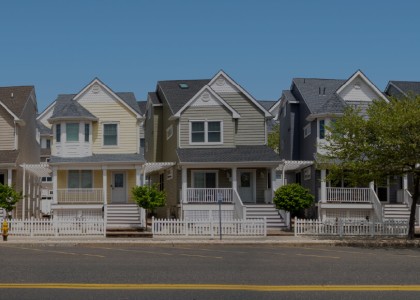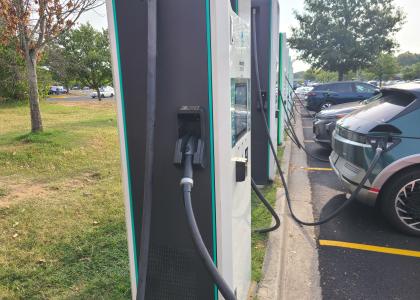The homes, buildings, and other facilities in New Orleans hold great potential for improved efficiency, which together can reduce energy demand and save consumers money by avoiding the need for new traditional energy investments. Energy efficiency investments are proven, cost-effective methods to reduce energy expenses at both the utility and customer scale while helping to improve the local economies. Energy efficiency is the cheapest, cleanest, and least-risk solution to meet rising energy demand, while also bringing economic development, addressing the volatility of fuel prices, and hedging against uncertainty in environmental regulations.
A comprehensive portfolio of energy efficiency policies, such as building energy codes and customer efficiency programs, has the potential to cost-effectively meet a cumulative 8% of the city’s electricity needs in 2020, increasing to 20% in 2030; and a cumulative 4.5% of natural gas needs by 2020, increasing to 14.5% by 2030. The recommended set of commercial and residential efficiency policies and programs in this report can reduce energy costs in New Orleans by $443 million over the life of the energy-saving measures. Our macroeconomic assessment finds that by 2030, the portfolio of policies and programs would result in net annual benefits of $169 million in economic output, including $62 million in wages and $41 million in business income to small business owners, 1,500 person-years of employment, and increased state and local tax revenues of $6 million.
This report was prepared simultaneously with a companion report for the state of Louisiana, Louisiana’s 2030 Energy Efficiency Roadmap: Saving Energy, Lowering Bills, and Creating Jobs.
Click here to download the executive summary.



